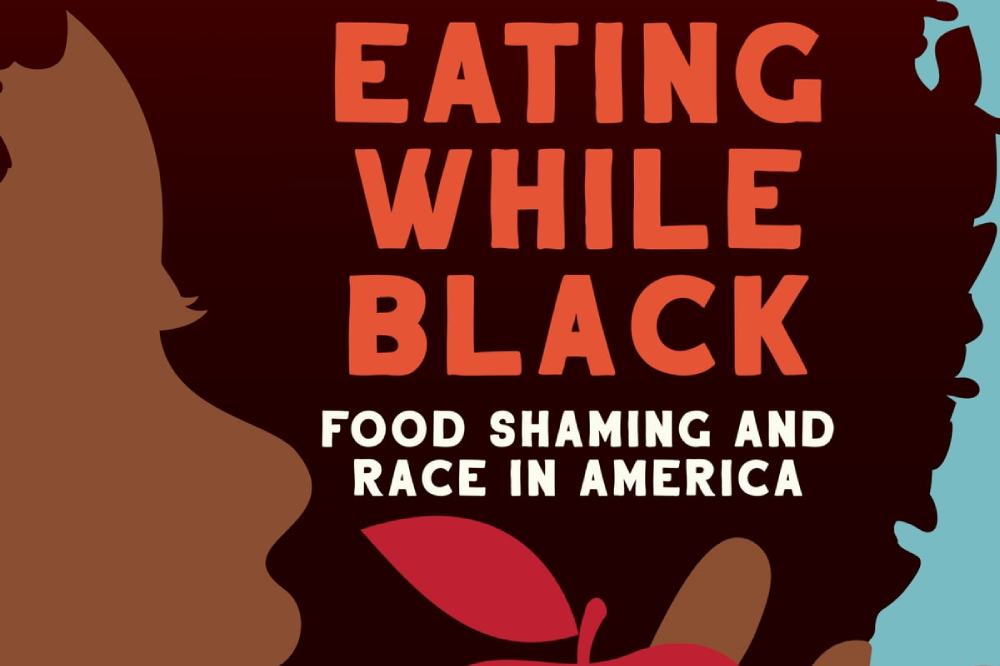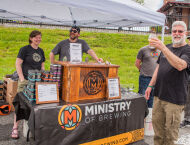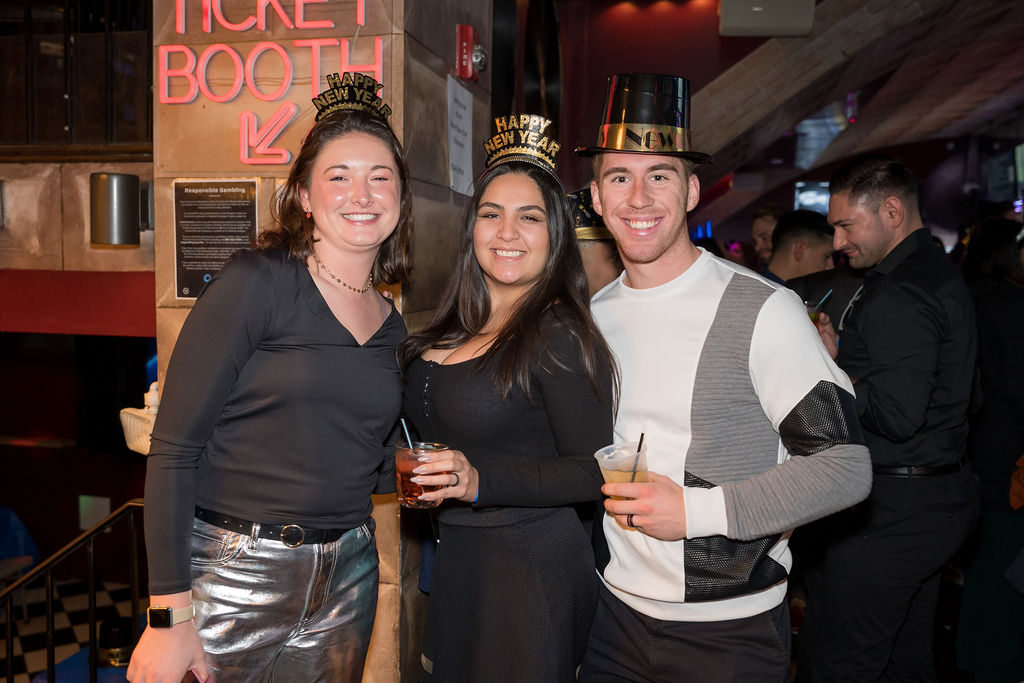Culture

Author Psyche Williams-Forson on “Eating While Black”
August 15, 2022 @ 10:00am
In her new book, “Eating While Black: Food Shaming and Race in America,” Psyche Williams-Forson investigates the “systemic ways in which black people’s bodies are rendered undesirable in form or fashion.” Professor and Chair of the American Studies Department at the University of Maryland, College Park, Williams-Forson is a leading scholar in Black food studies.
Food shaming happens on an individual and systemic level, from elementary school students expressing disgust at their peers’ food to students who are unable to pay for their food in the lunch line. In “Eating While Black,” Williams-Forson writes about how food shaming is used as a mechanism of control and surveillance over black bodies.
By calling attention to surveillance in the United States – whose origins lie in enslavement – Williams-Forson hopes to, “help us think through how we can change the conversation… about black people in food, the work we’re doing in communities, and how we can talk about a true place of celebration, which begins from acknowledgement and also from liberation.”
Though her book prompts new dialogue on food and race, Williams-Forson maintains that this is not a new subject. “Black people’s histories with food in this country, laudatory and celebratory though they are, are also very much fraught with the history of having our foods regulated, controlled, and having our ideas and recipes stolen and put into cookbooks under the name of others.”
In 2019, a D.C. author tweeted a picture of a black WMATA employee eating on a train and described her eating as “unacceptable.” Williams-Forson asks, “what is to be gained from that level of shaming another human being, especially someone who is at work?” This example is one of many instances where someone has posted a picture, called the police, or told on a black person performing perhaps the most quotidian activity: eating.
Beyond letting people live their lives uninterrupted, when it comes to personal food choices, she maintains, “We should allow people flexibility to sustain their lives in the way that is best for them. Most of the time, people live in bodies that they’ve been living in for a long time, and they know what works best for them.”
Williams-Forson’s interests lie in cultural sustainability: “folks’ ability to maintain and improve upon their own values.” Cultural sustainability extends beyond the traditional pillars of sustainability, economic (profit), social (people), and environmental (planet). Without a focus on this crucial issue, she argues, “we become less concerned with people’s value systems” and it becomes possible “to privilege profit over people and profit over the planet.”
Part of cultural sustainability includes the ability to continue to practice culture despite external forces. Williams-Forson says, “black folks are used to celebrating amidst oppression” but “it’s time for us to not have to continue to do that.” Through reckoning with racist food shaming, Eating While Black implores readers to examine their own shaming.
Psyche Williams-Forson will discuss “Eating While Black” with chef and restaurateur Rahman Harper this Tuesday, August 16 at Politics and Prose on Connecticut Avenue at 7 p.m.
Politics & Prose: 5015 Connecticut Avenue NW, DC; politics-prose.com // @politicsprose








